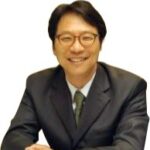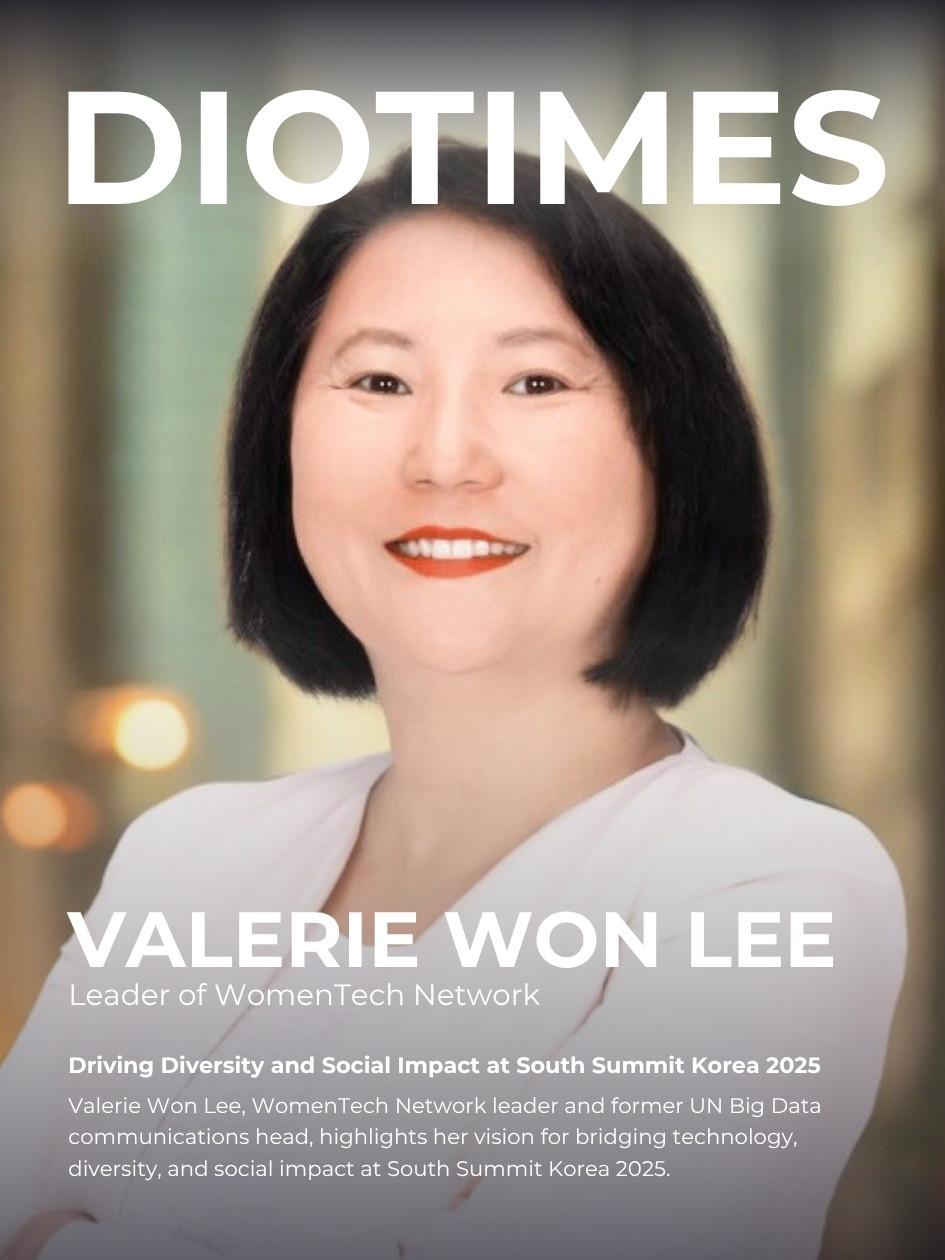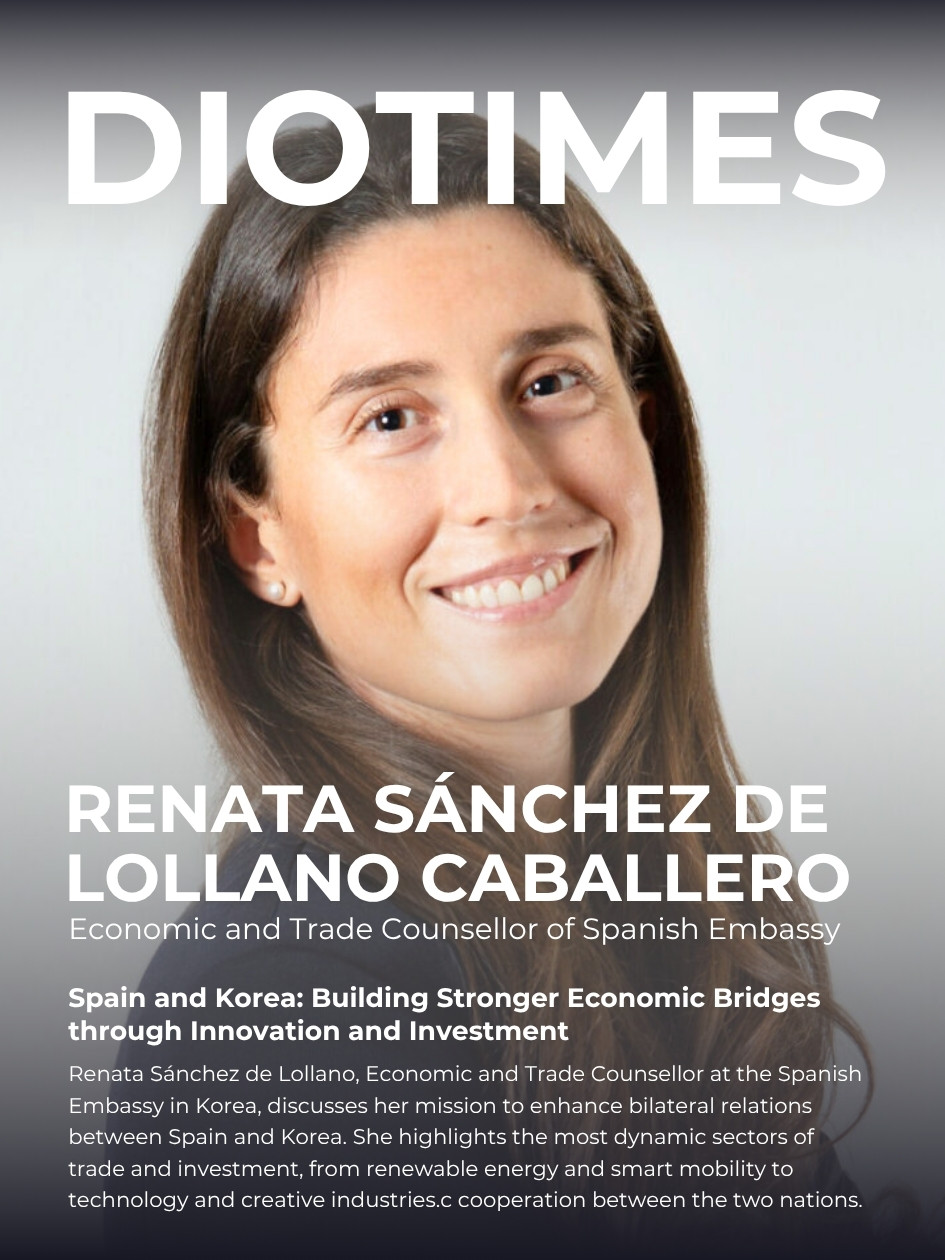Lessons on Nurturing Professionals in an Age of Uncertainty, from Dalian
An Unexpected Gift of Friendship
A close acquaintance of mine once told me about traveling across France at the personal invitation of football legend Guus Hiddink. He had designed the entire itinerary like a tactical masterstroke and covered every expense for his dearest friends. While my own experience didn’t involve Europe’s romantic scenery, I was recently blessed with something equally unforgettable—an invitation to Dalian, China, from an old friend who had become a respected business leader.
This friend, once just a senior classmate I called “hyung” (older brother), had transformed into the CEO of a major food company and the operator of a golf course in China. Recognized for his contributions to Korea–China business relations, he was awarded a presidential medal by the Korean government in 2021. When he invited three of us from Korea to spend days in Dalian, he covered everything: flights, luxury accommodations, fine dining, and above all, authenticity and generosity that money cannot buy.
From Employee to True Professional
How did an ordinary peer become a powerful entrepreneur in China? The honest answer is, “I don’t fully know.” His 30 years of sweat, resilience, and persistence cannot be summed up lightly. But I did uncover several key traits.
My friend was never just a “salaried employee.” From the start, he embodied the spirit of a true professional—what I call a jik-eob-in (직업인), someone who is more than an employee, a problem-solver who sustains organizations and contributes to society.
Three traits stood out:
He loved what he did. Passion led to complete immersion in his work.
He excelled at what he did. Results proved his ability.
He gave meaning to his work. Even during crises, he endured because his job carried personal value.
One striking memory came as he showed me the golf course he had built in China. Though he was not an engineer, he secured land, oversaw design and construction, managed local labor, and successfully marketed memberships to China’s elite. Later, when his employer shut down its Chinese subsidiary, he transformed crisis into opportunity by founding his own food company—surviving even the pandemic downturn.
What Organizations Can Learn: Three Shifts Needed
Not everyone will become an entrepreneur like my friend. Yet organizations can—and must—develop more true professionals rather than passive employees.
Wake up from unrealistic dreams. Leaders must abandon the old illusion that passive employees will somehow evolve into outstanding professionals without systemic support.
Adopt new governance. Recruitment now prioritizes proven talent and experience. Companies must move beyond outdated attendance-based cultures to embrace flexible, performance-driven, and leadership-focused approaches.
Invest in growth and career development. Professionals value marketability and freedom. If locked down, they leave. Organizations should enhance their value by offering equity in success, project-based rewards, or even entrepreneurial incubators.
Building New Paths
The ultimate goal is to create “paths.” My friend carved his own through the opening of China’s market. Today, many professionals inside organizations act with entrepreneurial spirit, championing their leaders’ agendas as though they were their own. This “intrapreneurial” mindset benefits both companies and individuals.
But if organizations fail to create such pathways, they risk losing their best talent. The labor market has shifted—power now lies with skilled professionals who ask: “Will this role grow my abilities and give me more freedom?” To retain them, leaders must provide platforms where careers can flourish and futures can be built.






